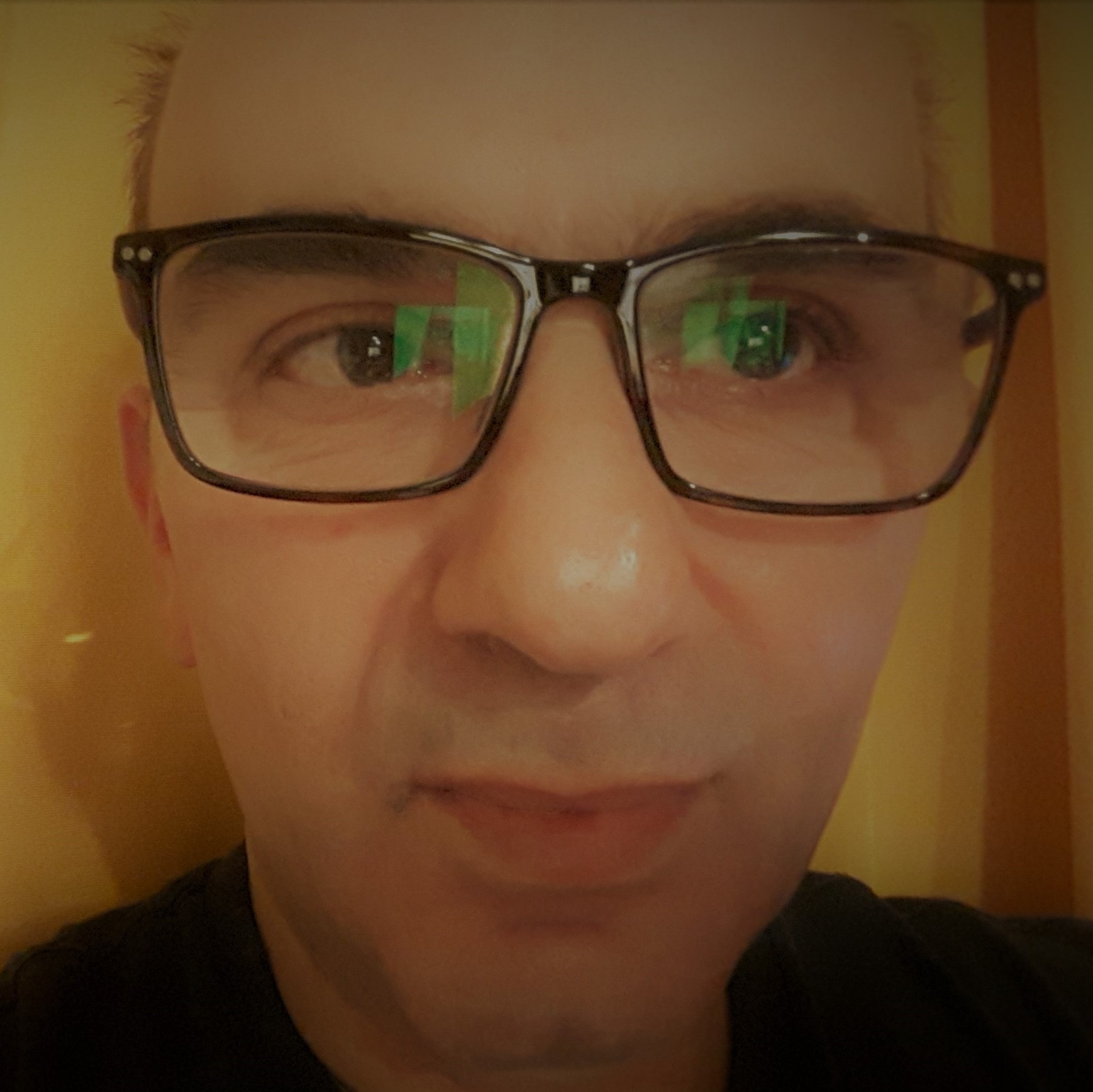Dimitris Adamidis, trainee
My name is Dimitris Adamidis. I have been the director of the 1st High School of Ampelokipoi, in the western districts of Thessaloniki, for the last 5 years. I have been working in secondary education as a teacher of the Greek literacy for 27 years. Apart from my basic studies, I have received further training in the pioneering movements of literature, intercultural education and Creative Writing. I taught Greek as a foreign and second language at the University of Thessaloniki, in state programs for refugees and migrant workers and students. In my spare time I write short stories, published in electronic and print journals.*
What is the most important thing you have gained through the training?
The creation of a democratic and inclusive school environment is the result of a double effort: it requires both extraversion and moral vigilance. You have to work both with others and with your deeper inner self. The training taught me that in order to support the most vulnerable members of my school (refugee students), I need to work equally with all members of the school community (state, educators, parents, teachers, students) on the one hand, and on the other hand, to challenge internalized stereotypes, to overcome internalized dichotomies that divide the world of education (good/bad student, local/foreign, etc.). It is a difficult and ongoing task, however it is so liberating!
How are you going to implement the knowledge you gained into the class? Are there any challenges? If yes, explain.
Despite all the difficulties that the educational community is going through due to the pandemic and the economic crisis, my colleagues and I, in the framework of the “Schools for All” programme and in collaboration with our trainer, have planned and implementing a number of activities, such as:
- Quality teaching of the Greek language to refugee students.
- Collection of information concerning the particular learning difficulties and living conditions of refugee students, in cooperation with the responsible NGOs and the trainers of the programme, and discussion of these problems in special pedagogical meetings.
- Information for teachers, pupils and parents from UNHCR on the international refugee issue.
- Joint activities with local and refugee students of our school in order to understand each other and develop meaningful bonds between them.
Do you believe that “Schools for all” project differs from other educational programmes? If yes, why?
What distinguishes the “Schools for All” programme from other educational programmes is that it does not only focus on the learning development of refugee children, but also addresses their difficulties and problems holistically. It activates the school and local community, fosters empathy, so that everyone – through their own role – can contribute to the creation of a safe and democratic environment for these children. There, refugee students will feel accepted and creative so as to heal or manage the trauma of uprooting and loss, to dream again and to plan their own future as adult citizens of the world.
What means inclusion for you?
Inclusion means acceptance, visibility, richness in diversity, mutual support and contribution. A school – that welcomes with open arms the most vulnerable and tormented children.
Is there a message you would like to share?
A good teacher remains deep down a humble student. With all his senses active and his mind and soul open. He plans “tomorrow” together with those who belong to the future: his students.
*More info:
Dimitris Adamidis participated in two important national programmes of the Ministry of Education: the “Education of Muslim students” (National and Kapodistrian University of Athens) and the “Education of Homogeneous students” (University of Crete). In the context of the former, he participated in the production team of alternative educational material for the course of Literature, while in the context of the latter he developed a printed and electronic method for teaching Greek language to Greek students living all over the world.





